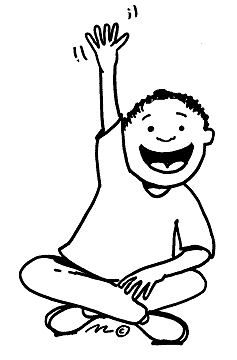A topic is a place to start. If it is too broad, you are off and on your way to writing a book. If it is too narrow, you have painted yourself into a corner. Somewhere in the middle is a good place to start. A place where you as a writer can develop a discussion of the ideas that you want to convey.
If you are passionate about a subject, often a topic will come to you in a flash. But, more often than not, a little reflection helps to create an interesting topic sentence. Ask yourself and others some questions: what current issues matter to you, what affects you the most, what do you not understand, how does this subject impact others?
Teachers often frown on the use of google, but it is a great way of looking at a subject through the someone else's eyes. Google the words that frame your topic. See what others are saying about the subject. You'll be suprised at the diversity of facts and opinions on the topic that you have selected.
Since topics can be broad, you will need to organize your thoughts into paragraphs that discuss central ideas on the topic subject you have chosen. Each paragraph will need a topic sentence that narrow the subject matter and starts the development of your ideas and thoughts. Paragraphs often begin with a topic sentence, but rules are made to be broken.
The best paragraph and sentence ever written is said to be Charles Dickens opening paragraph in A Tale of Two Cities:
- It was the best of times, it was the worst of times, it was the age of wisdom, it was the age of foolishness, it was the epoch of belief, it was the epoch of incredulity, it was the season of Light, it was the season of Darkness, it was the spring of hope, it was the winter of despair, we had everything before us, we had nothing before us, we were all going direct to heaven, we were all going direct the other way - in short, the period was so far like the present period, that some of its noisiest authorities insisted on its being received, for good or for evil, in the superlative degree of comparison only.
What makes this an effective sentence and paragraph? What is the broad subject that Dickens is talking about? How does he narrow the subject? What central ideas does he discuss that further the discussion?
Select your own examples of topics and the paragraphs that shape those topics. Discuss what makes for an effective topic and how sentences and paragraphs develop the topic and the writer's ideas.

